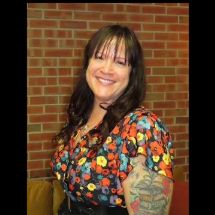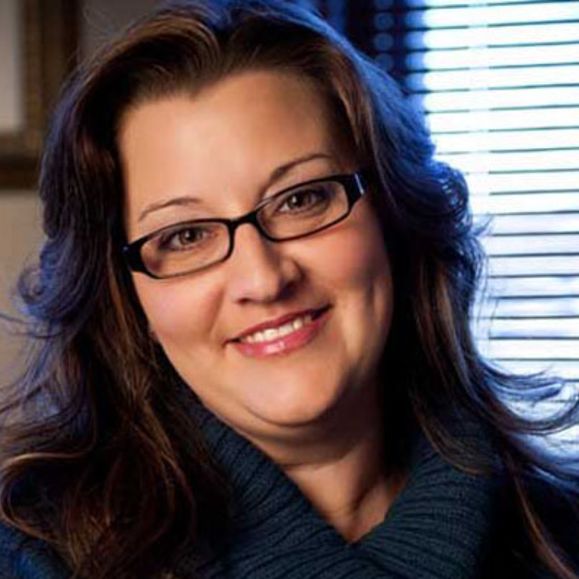Yes—if you’ve experienced any form of abuse, seeking treatment can be a life-changing and empowering step. Whether the abuse happened years ago or is still ongoing, the emotional and psychological effects don’t just fade with time. Healing doesn’t mean forgetting or excusing what happened—it means giving yourself the care, support, and tools you need to reclaim your life.
Many survivors minimize their experiences, telling themselves things like:
- “It wasn’t as bad as what other people went through.”
- “It only happened once.”
- “It’s over now, so I should be fine.”
But trauma doesn't work that way. Abuse leaves an imprint—on your thoughts, your emotions, your relationships, and your nervous system. And you don’t need to be in crisis to deserve help. If what happened to you is still affecting how you feel, function, or relate to others, then therapy for abuse survivors can be incredibly beneficial.
Types of Treatment for Abuse Survivors
There’s no one-size-fits-all approach to healing. Fortunately, there are many effective, evidence-based therapies designed to support abuse survivors as they recover from trauma, rebuild trust, and reclaim their voice.
Some of the most common and helpful treatments include:
- Trauma-Informed Cognitive Behavioral Therapy (CBT)
Helps survivors recognize and reframe distorted or self-critical thoughts, reduce anxiety, and develop healthier coping strategies.
- EMDR (Eye Movement Desensitization and Reprocessing)
A structured therapy that helps reprocess traumatic memories so they no longer trigger overwhelming emotional responses.
- Somatic Therapy and Sensorimotor Psychotherapy
Focuses on the body’s memory of trauma. These approaches help survivors learn how to release stored tension, reduce hypervigilance, and feel safer in their bodies.
- Internal Family Systems (IFS)
Helps survivors understand and heal wounded “parts” of themselves that developed in response to abuse—such as the inner critic, the protector, or the scared inner child.
- Narrative Therapy
Supports clients in reshaping their personal stories—moving from victimhood or shame to empowerment and meaning.
- Group Therapy
Offers a safe, supportive space to connect with others who have experienced similar trauma, reduce isolation, and build community-based healing.
- Psychoeducation
Teaching survivors about trauma, its effects, and healthy emotional regulation strategies to better understand and manage their own symptoms.
Professionals Who Can Help
When seeking help, it’s important to work with professionals who are trained in trauma-informed care and experienced in treating survivors of abuse. These may include:
- Abuse therapists or emotional abuse therapists
Specialists who focus on understanding the complex effects of abuse and guiding clients through recovery.
- Licensed clinical social workers (LCSWs), licensed professional counselors (LPCs), or licensed marriage and family therapists (LMFTs)
These clinicians often offer trauma-specific services and can help individuals, couples, or families affected by abuse.
- Clinical psychologists (PhDs or PsyDs)
Often skilled in more in-depth trauma work, assessments, and evidence-based therapies like CBT or EMDR.
- Psychiatrists
Medical doctors who can diagnose mental health conditions and prescribe medication if needed to support recovery from anxiety, depression, PTSD, or sleep issues related to trauma.
- Domestic abuse therapists
Clinicians with specific expertise in intimate partner violence and its emotional, social, and legal dynamics.
- Online abuse therapists
For those who feel safer or more comfortable beginning therapy from home, many providers now offer secure, trauma-informed virtual sessions.
Healing from abuse is possible—but it starts by reaching out. A trained professional can walk alongside you as you process pain, rebuild trust in yourself, and begin to live free from fear and shame.













